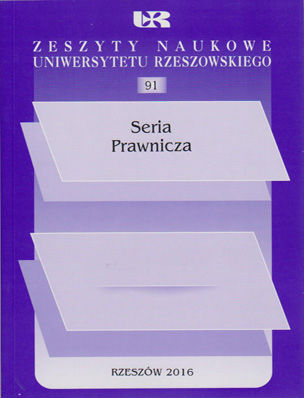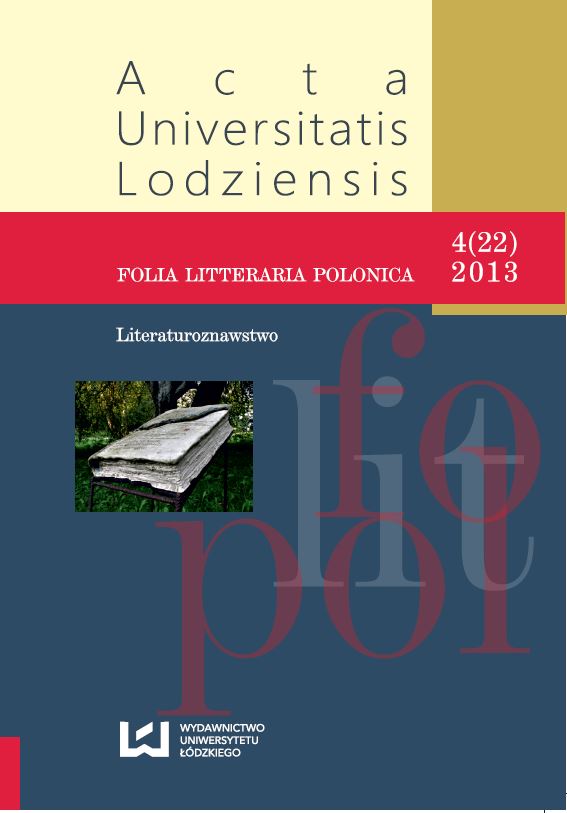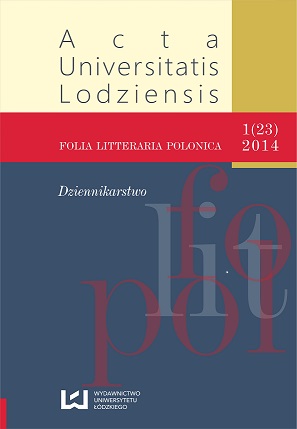
POLITICAL CHARACTER OF A CRIME AS A NEGATIVE PREMISE OF EXTRADITION
POLITYCZNY CHARAKTER PRZESTĘPSTWA JAKO NEGATYWNA PRZESŁANKA EKSTRADYCJI
Keywords: political character of a crime; felony
The following article analyses political character of a crime as a negative premise of extradition. It shows the origin and evolution of not handing out political offenders. Moreover it highlights the problems concerned with estimating a political aspect of the felony of which there is no official definition in international agreements and national laws. It analyses the definition of a political crime in judicature and doctrine. Aiming to classify a political felony the article shows the crimes which can not be recognized as such. Furthermore it highlights the process of eliminating the political character of a felony from international agreements concerning extradition and decaying privileged status of political ofenders.
More...

